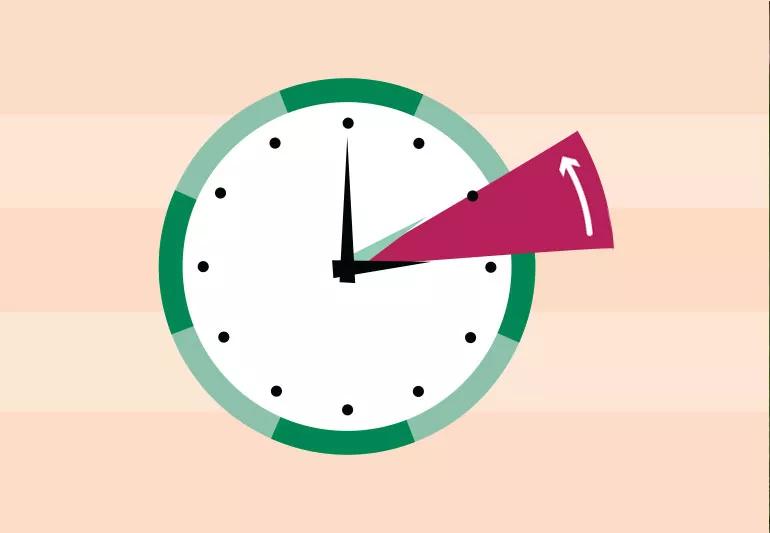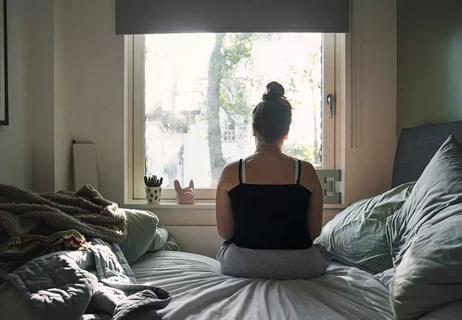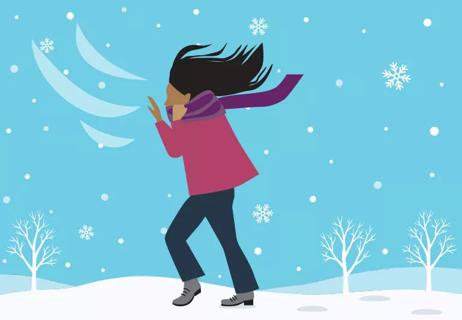How to prevent time-change sleepiness

Moving the clock forward one hour in the spring and back one hour in the fall doesn’t just affect your schedule — it can throw off your body’s internal clock, too.
Advertisement
Cleveland Clinic is a non-profit academic medical center. Advertising on our site helps support our mission. We do not endorse non-Cleveland Clinic products or services. Policy
That hour of sleep that’s lost or gained can leave you feeling groggy and irritable. It can also be dangerous. Studies have found that both heart attacks and fatal car accidents increase after the spring shift to Daylight Saving Time.
“In a nation that is already sleep deprived, losing an extra hour can make a huge impact,” says sleep specialist Harneet Walia, MD.
Adjusting to the time change is different for everyone. Some people adjust in a few days; for others, it takes more time. For your health and safety, Dr. Walia offers these tips for dealing with the time change:
Advertisement
Bedtime routines aren’t just for kids! It’s also important for adults to establish good sleep hygiene habits.
Before bed, slow your body down. Raising your body’s core temperature can make it harder to sleep, so avoid heavy workouts within a few hours of bedtime.
Put your phone, computer or tablet away. Turn off the television and pick up a non-suspenseful book. (Electronics’ high-intensity light stimulates your brain and hinders melatonin, a hormone that triggers sleepiness.)
Staying consistent with the amount of sleep you get each night helps, too — and that includes weekends. “Sleeping in on weekends may sound like a good idea, but it can disrupt your sleep cycle,” Dr. Walia says.
Last but not least, use the bed only for sleeping. “Your mind adjusts to the habit of getting into bed for sleep,” she says.
Advertisement
Learn more about our editorial process.
Advertisement

Sitting near a light box for about half an hour a day can help treat this form of fall/winter depression

Light therapy can boost sleep and help fight depression

If you experience warm weather seasonal depression, you’re not alone

Cozying up with friends and family can make cold, dark days more meaningful

An expert explains how seasonal weather changes affect our health

If you’re putting off going to bed to have some time for yourself, you’re not doing your well-being any favors

Pain, light exposure and anxiety are just a few factors that could be waking you up in the middle of the night
Try setting a regular sleep schedule, creating a comfortable sleep environment and reducing stress

If you’re feeling short of breath, sleep can be tough — propping yourself up or sleeping on your side may help

If you fear the unknown or find yourself needing reassurance often, you may identify with this attachment style

If you’re looking to boost your gut health, it’s better to get fiber from whole foods